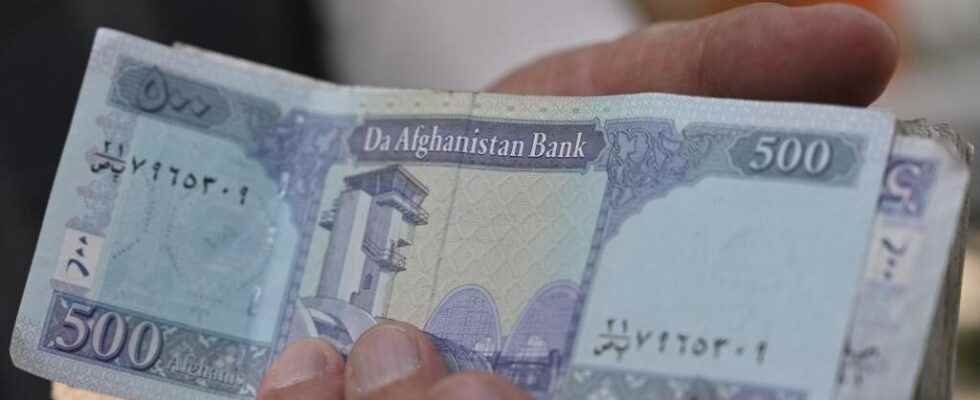Fifteen months after the Taliban took power, in a very delicate legal context, the French group specializing in secure documents sealed a $15 million deal with the Afghan Central Bank.
After a very sensitive legal process, the company Oberthur Fiduciary concluded an agreement with the Afghan Central Bank for the supply of 390 million banknotes, large denominations with a face value of 10 billion Afghanis, whose delivery dates are not yet definitively fixed.
According to our information, the discussions, initiated before the fall of Kabul with the previous government, were finalized in Doha with the new team of the Da Afghanistan Bank (DAB) and relate to an amount of more than 15 million dollars already paid on the accounts of Oberthur Fiduciaire, who declined to answer our questions.
Through this transaction, one of the main private operators of fiduciary printing in France is committed to an entity controlled by the Taliban, which has placed two of their men at its head, including Ahmad Zia Agha, the new first deputy governor of the DAB, an individual blacklisted by the United States and placed under UN sanctions since 2012 because of its activities related to the financing of terrorism.
Delicate context since the change of regime
The context is all the more delicate since since the change of regime in August 2021, the DAB is no longer recognized as a legitimate interlocutor by international institutions, can no longer hold or exchange foreign currencies, and that any exchange of funds with it potentially fall under the U.S. sanctions regime.
It therefore took months of work within the framework of the last exemption granted by the United States Department of the Treasury to convince several commercial banks, including Citibank and Société Générale, to serve as intermediaries so that Oberthur and the Polish fiduciary group PWPW, which has also contracted with the DAB, have the guarantee of their payment.
A first shipment of small denominations produced by PWPW reached Kabul last week, which will allow the Afghan Central Bank to begin replacing used banknotes, many of which were falling apart in a country still largely dependent cash.
